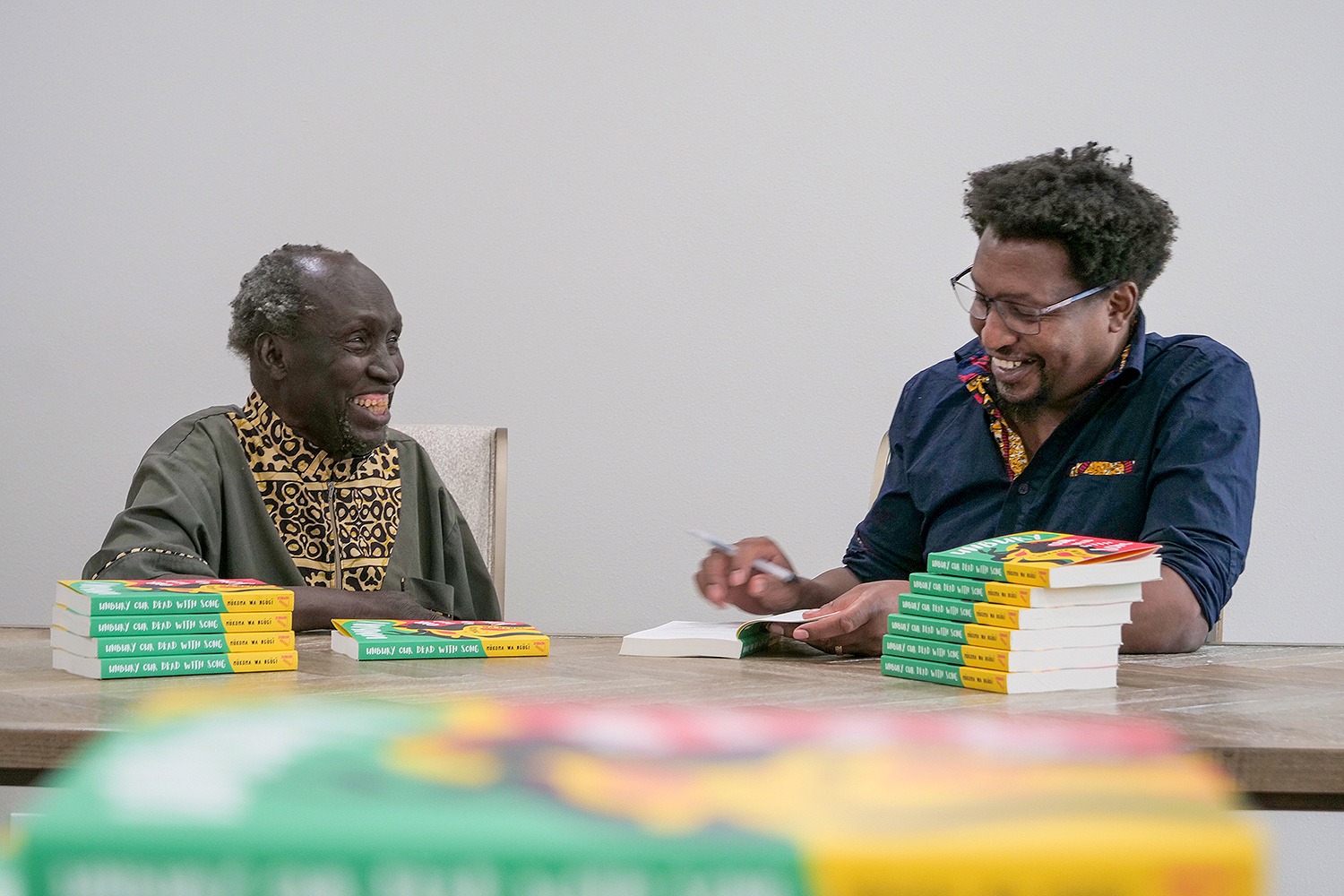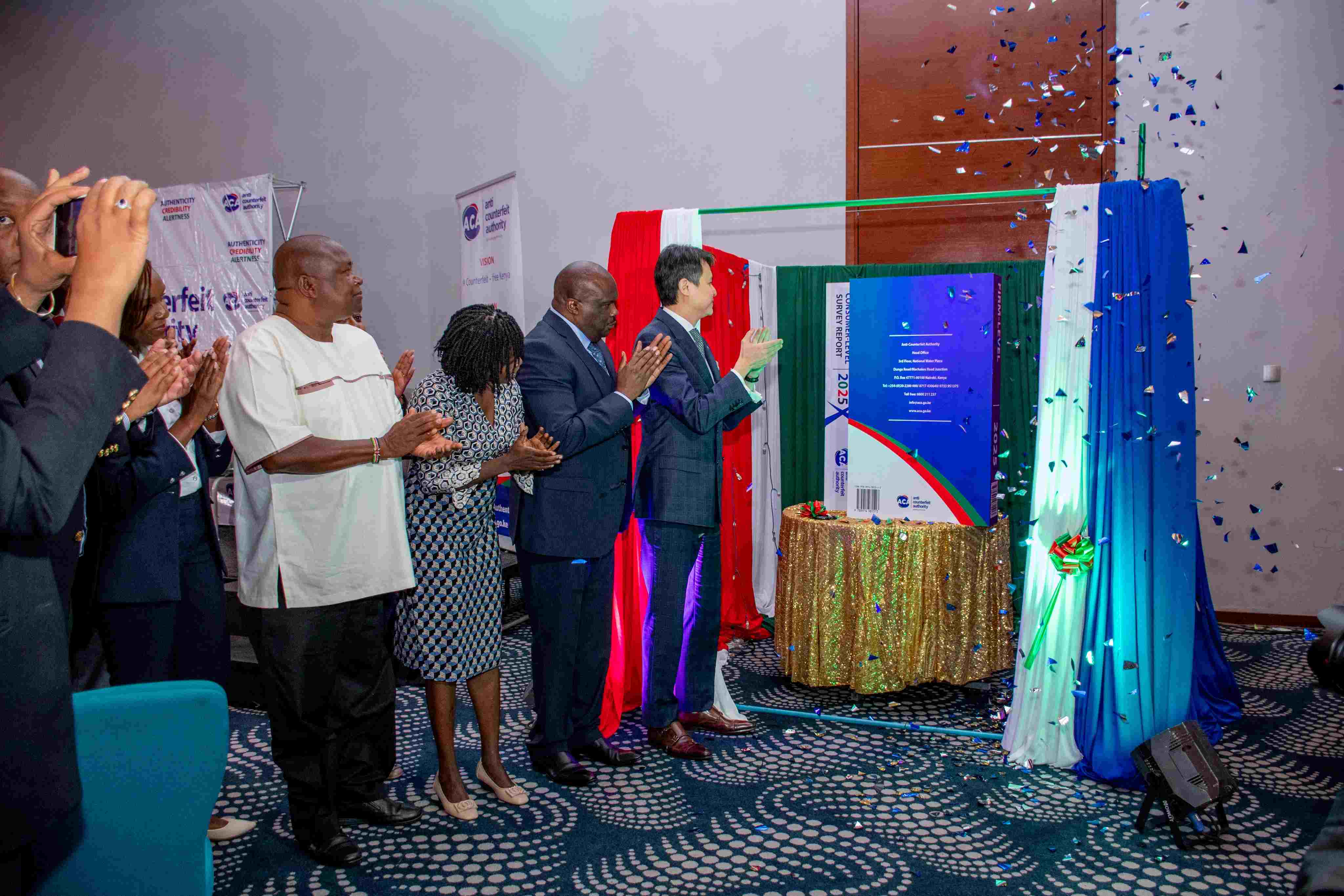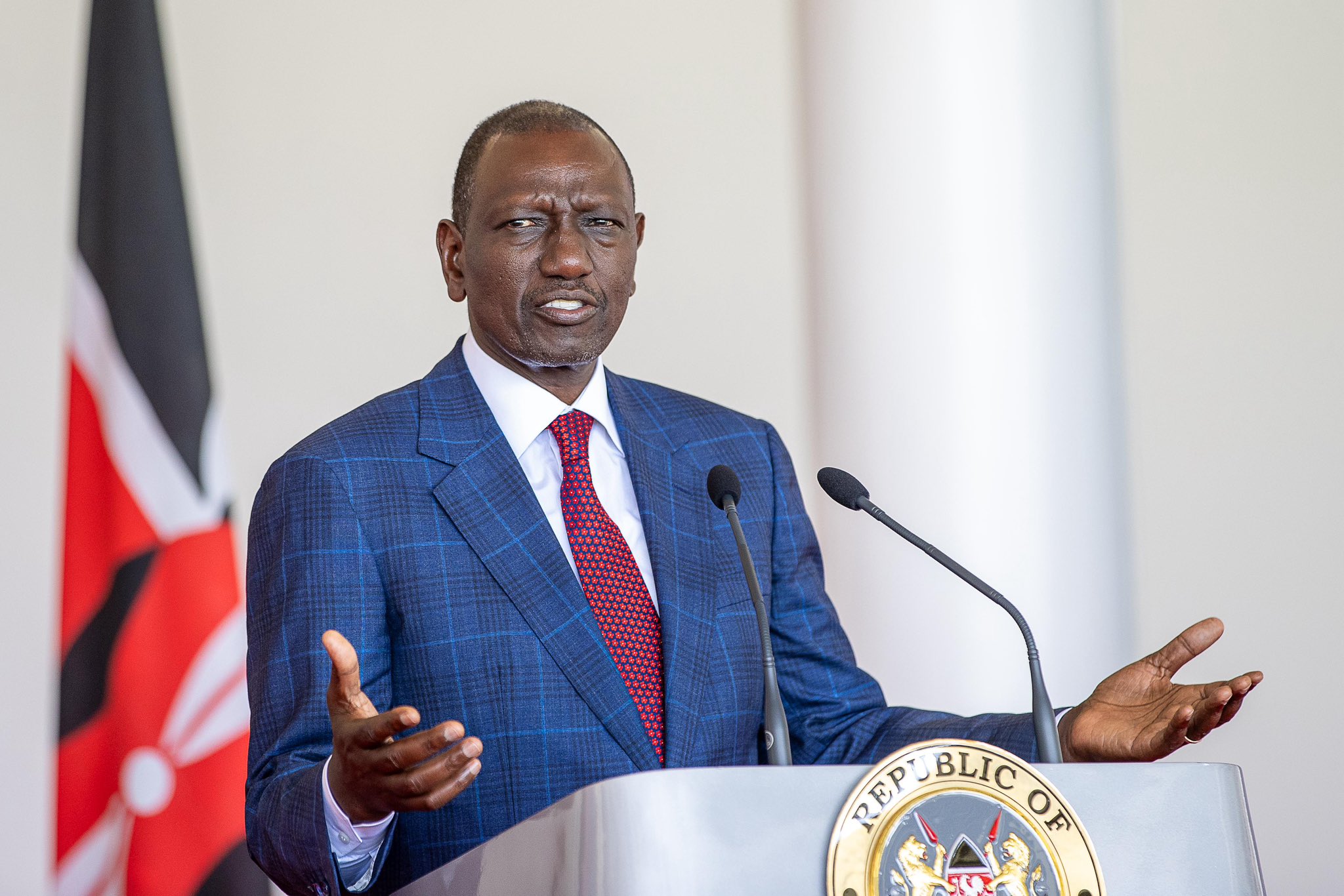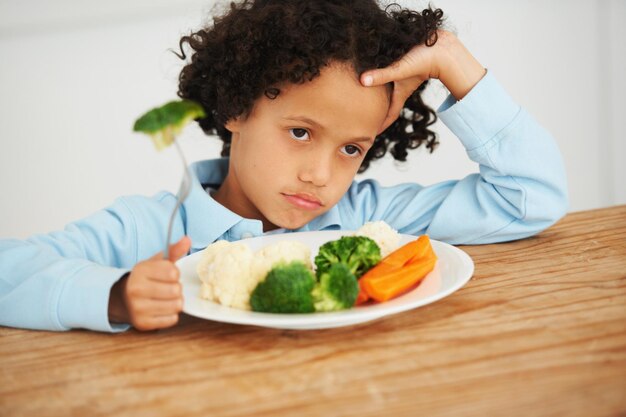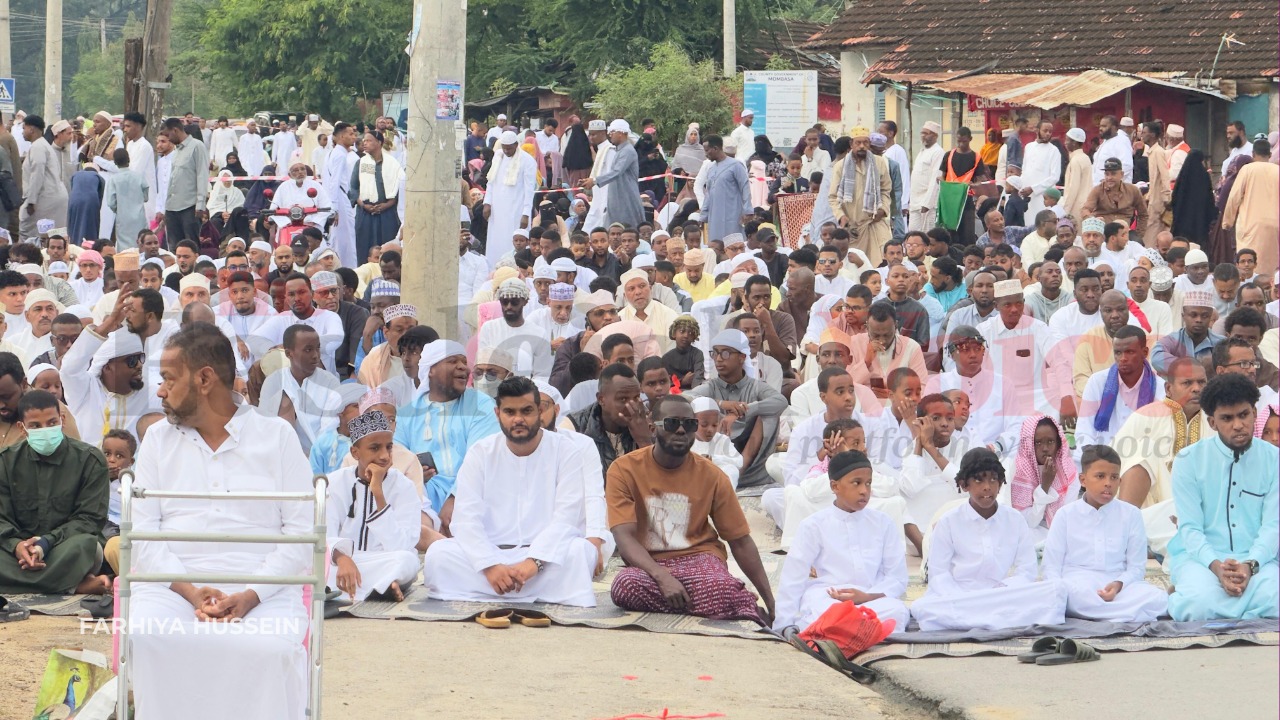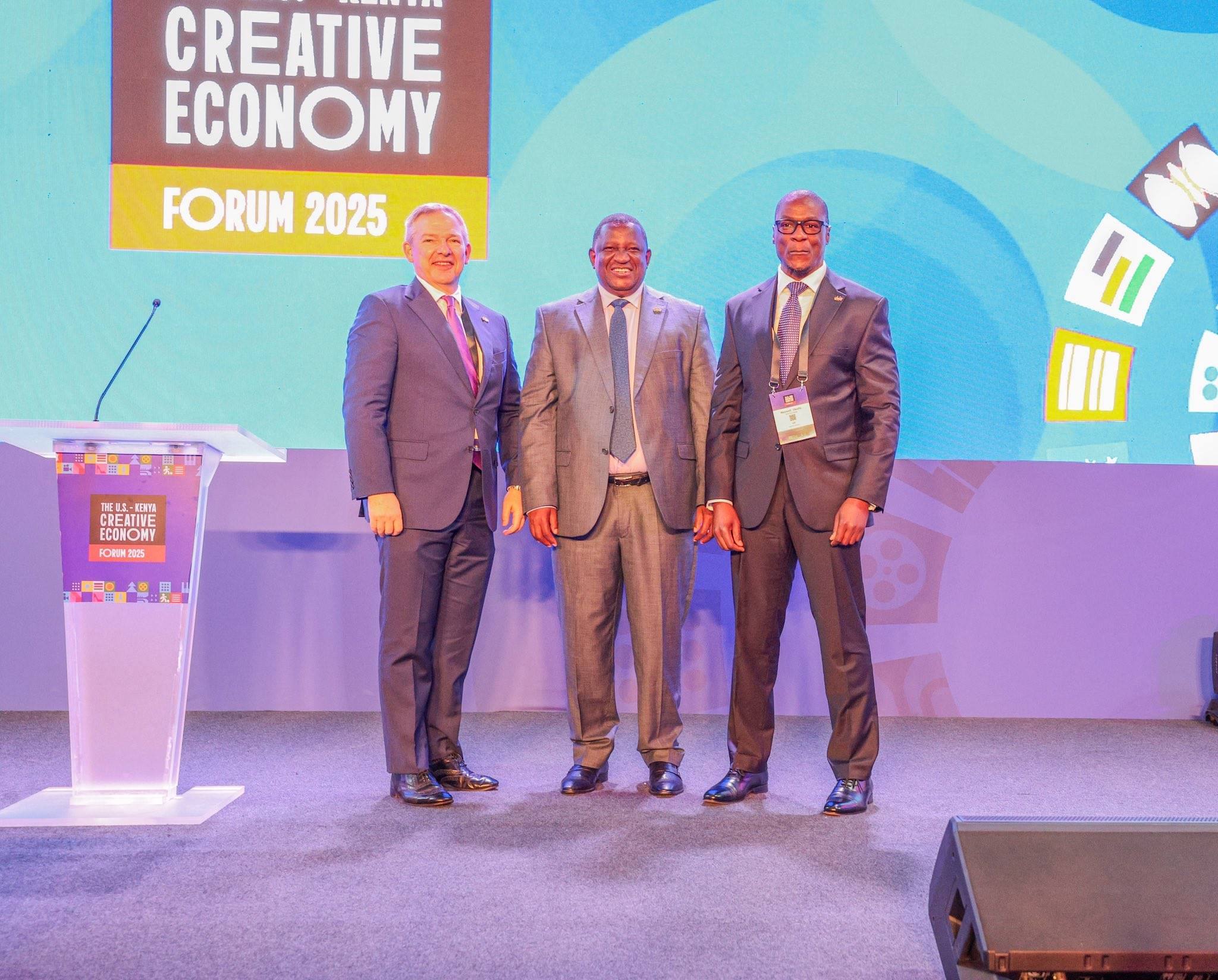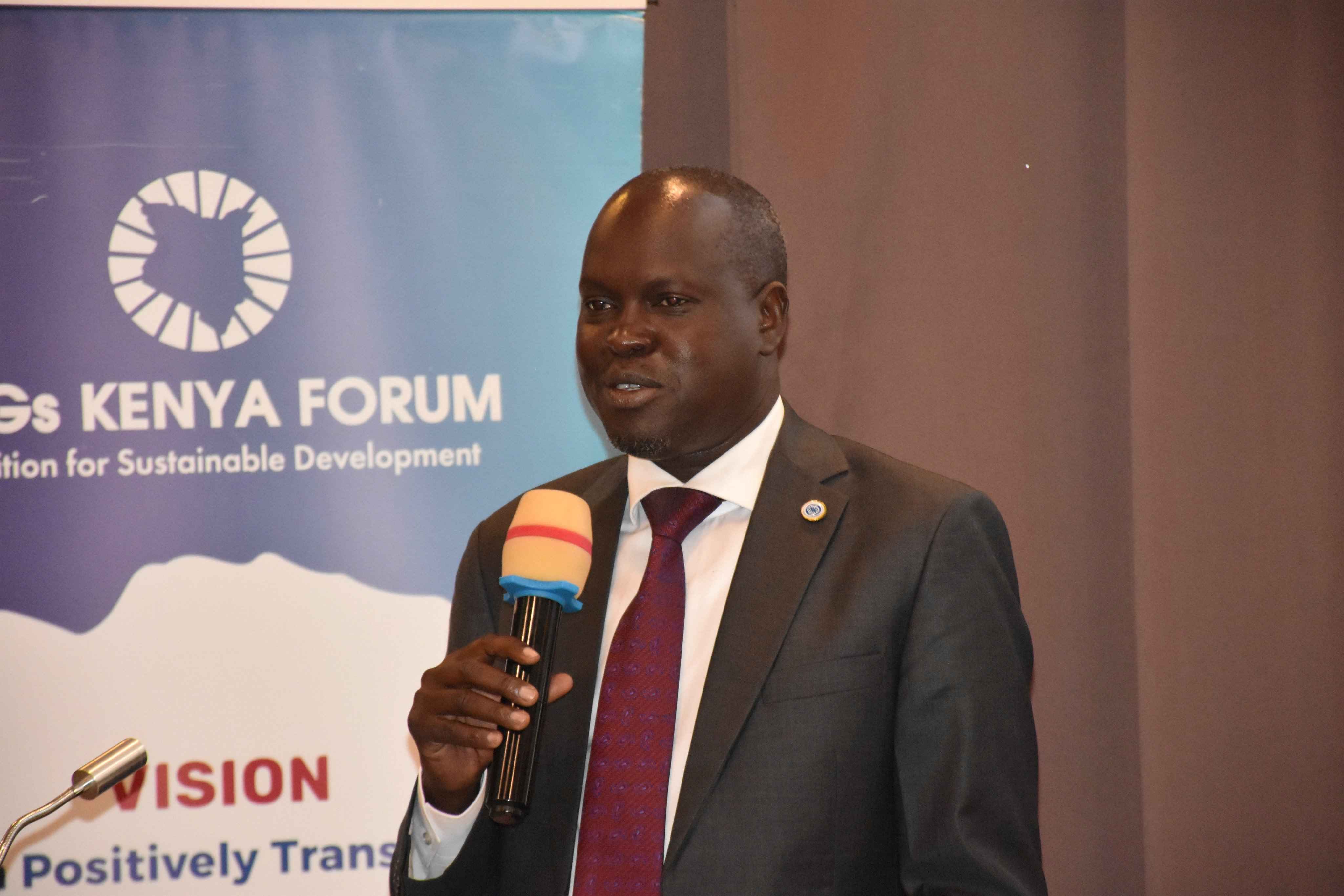World Bank Report: Somalia's macroeconomic gains fail to alleviate poverty

The bank has made proposals it deems fit to improve the situation amongst them; the need to boost the demand for low-skilled workers, adopt climate-smart agriculture, diversify sources of livelihoods, and the need to address women-specific constraints to employment.
A new World Bank report reveals that Somalia has made notable macroeconomic improvements in recent years, yet these gains have not translated into significant poverty reduction, with over half of the population still living below the national poverty line.
Entitled the "Somalia Poverty and Equity Assessment", the report was released in Nairobi on Tuesday as part of the World Bank's regular assessments of low-income countries. These assessments aim to provide evidence to guide policy decisions at both national and international levels. The Somalia National Bureau of Statistics classifies poor civilians as those living on less than $2.06 per day.
More To Read
- Somalia’s forces enforce door-to-door voter registration in Mogadishu ahead of historic polls
- Burundian troops under AUSSOM evacuated from Xawaadley base amid heavy flooding in Somalia
- Turkey deploys 500 special forces to Somalia to combat Al-Shabaab
- Over 800,000 youths to benefit from Sh20 billion Nyota project- Ruto
- Somalia reinstates Mahad Salad as intelligence chief amid leadership shake-up at NISA
- Somali, Turkish presidents hold talks to deepen cooperation on security, energy and development
According to the report, Somalia's national poverty rate remained unchanged between 2017 and 2022. While 54 per cent of the population currently lives below the poverty line, poverty levels are highest among the nomadic population at 78 per cent, compared to 46 per cent in urban areas.
"However, given the high rate of urbanization, poverty is concentrated in urban areas," the report states.
The country remains heavily dependent on imports for basic goods.
Somalia's economic stagnation is largely attributed to its vulnerability to climatic shocks (drought and floods), with more than two-thirds of the population reporting severe economic impacts from droughts and floods in 2021 and 2022.
These climatic shocks were also found to be the main cause of internal displacement, particularly in Central and Southern Somalia. However, the extent of these shocks' impact varies between households, depending on their ability to cope.
Unlike many other low-income countries, where agriculture provides a significant share of employment, in Somalia, it accounts for less than a third of jobs, due to limited suitable agricultural land. This places Somalia in closer alignment with low-income countries in the Middle East and North Africa.
Meanwhile, high-quality wage employment, found in international organisations, non-profits, and state entities, accounts for just 14 per cent of all jobs, translating to one per cent of the working-age population between 15 and 64 years.
These individuals are employed in international organisations or foreign embassies, at non-profit organisations, in Mosques and state-owned entities (federal, state and local).
Men were found to be dominating these jobs at 74 per cent, the majority of which are domiciled in urban areas and available for those with secondary education and above.
A chunk of the remaining population was reported to be employed in household enterprises that barely make adequate profits to lift the household out of poverty.
The rest, according to the report, are unemployed as others were found to live a nomadic lifestyle, a population that was found to have the highest poverty rate.
Own livestock
The report also highlights that most nomadic households own too few livestock to lift them out of poverty. As a result, they prioritise herd accumulation and milk production over commercial farming.
Regions controlled by Al-Shabaab were excluded from the report due to access challenges, though no significant correlation was found between poverty rates and exposure to conflict.
"If you look at the map, it will show that middle Juba is not included because that's an area we could not survey because the team couldn't access at that time," said Aphichoke Kotikula, the lead researcher and Senior Poverty Economist for Somalia.
According to the findings, there were, however, no correlations between poverty rates and exposure to conflict.
Locals said the ongoing fight against Al-Shabaab has not had much impact on their economic livelihoods as compared to drought and floods.
"When you ask households if they have been severely negatively impacted by conflict, it's quite a small share that will vote that they were. This is around under two per cent of all households, that does not mean they weren't exposed, it just means they were not adversely affected economically," said Alastair Hynes, a poverty Economist at the World Bank.
At the same time, very few households reported a severe negative economic impact from conflict in 2021 or 2022, despite there having been a higher exposure among the nomadic poor and urban non-poor.
"It follows quite a similar pattern to what we saw with the drought, the Central and Southern parts of the country including Lower Shabelle and Lower Juba have a higher share of households that are exposed to conflict," added Hynes.
The report was released at the World Bank offices in Nairobi in an event witnessed by the Somali government and World Bank officials ahead of a similar launch in Mogadishu.
The findings will inform the designing and monitoring of the World Bank's projects in its various sectors.
"The World Bank's role world over is the generation of knowledge and data, and we do that to help inform policy decisions at the county level, regional level and global level and there are a number of flagship knowledge products that we put out per country," said Vera Rosauer, the Senior External Affairs officer at World Bank, Kenya.
"For Somalia for example, our flagships include; the Somalia Economic Update that was launched a few months ago. It looks at the macroeconomic performance of Somalia. This is the Poverty Equity Assessment that informs not only the government but development partners, civil society organisations, Media and Academia on where Somalia stands with poverty and equity and provides some policy recommendations," she added.
She noted that what policymakers decided to do with the report was entirely up to them.
"However, our intention as the Bank is to help form an evidence base for development decision-making and hopefully for better development outcomes for the countries," she said.
The bank has made proposals it deems fit to improve the situation amongst them; the need to boost the demand for low-skilled workers, adopt climate-smart agriculture, diversify sources of livelihoods, and the need to address women-specific constraints to employment.
"Looking ahead, Somalia needs to sustain its macroeconomic progress, promote stability, and implement inclusive policies that create jobs and benefit the poor," Qimiao Fan, World Bank Country Director for Somalia said.
Top Stories Today


